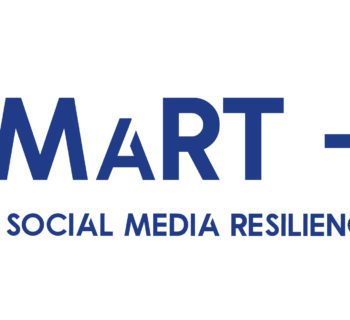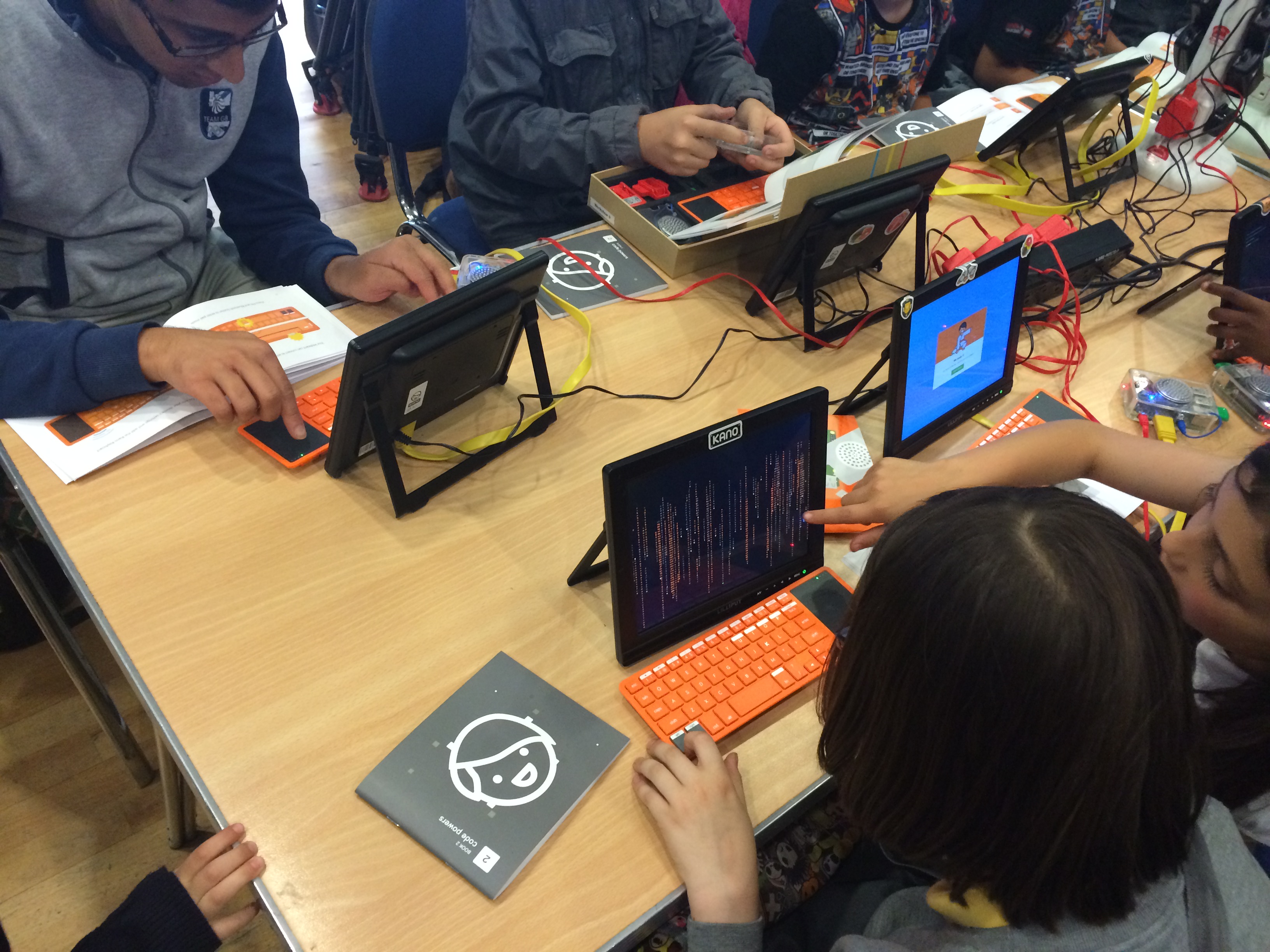Reflections on the contents and conversations from weeks 3 and 4; A New Digital Era
I'm a tutor on the EmployID MOOC "The Changing World of Work" on the EMMA platform which is still has a few weeks left to run and is still available to join via the link above! I've mostly been the lead techie but really enjoyed being joint lead - tutor with the wonderful Dr Deirdre Hughes on the New Digital Era content. Here is my reflective blog post...
A new digital era - the fourth industrial revolution.
As the next lesson (LMI) opens up on EmployID’s Changing World of Work MOOC I’m taking some time to reflect on the contents and comments on weeks 3 and 4; A New Digital Era.
The video on the fourth industrial revolution got everyone’s attention and kick started the discussion. I have watched it many times now and this is the stand out quote for me;
“We need a shift towards a new system that will allow us to meet the basic needs of every human on the planet, that will live within planetary means, that will be fairer and that will be focussed as it’s key goal, not on growth per se, but on maximising human well-being. And history tells us that a value shift is triggered by creation of a new story about how we want to live.” Stewart Wallace, New Economics Foundation UK
The ensuing conversation covered the optimistic and exciting ideas of transforming cities to make them more efficient - SMART cities. But there was also a lot of concern about those who may get left behind. What about rural areas? Why aren’t we talking about SMART villages? As work tends towards dispersed teams, flexible hours and self employed workers in home-offices it should be possible for rural communities to access the high tech developments of the future too.
Excitement about the possibilities of the future was tempered with a worry that the reality may bring wider societal divisions. A key issue now and in the future is that people don’t and won’t have the digital skills to access and engage with the fast changing world.
Privacy in future will become a bigger concern. Big Brother is already watching us. If future technology will be able to read our thoughts and emotions what will it be used for? Will we be able to opt out?
The Future of Work and Skills
"Within the next two decades, 90 per cent of jobs will require some digital proficiency, yet 23 percent of adults lack basic digital skills. This is a barrier to people fulfilling their potential and to a more productive workforce." (House of Commons, London: Science and Technology Committee (2016) 'Digital Skills Crisis')
Digital is not just skills but also a mindset, old habits, like reaching for a pen and paper, die hard. Lack of confidence can be a barrier to keeping up with the changes and massive changes in the way we work have already been witnessed in the past couple of years.
There is a lot of concern that the fast paced changes in technology create an even bigger skills gap. It is harder to keep up to speed if you are out of work without access to staff training, CPD courses or the new systems in use. Yet individuals must become responsible for recognising their own skills gaps and for their own continuing professional development.
If you don’t constantly up-skill you can’t compete in the labour market
Ability to use new technologies needs to be embedded throughout the system from early years education but this means that the teachers have to also have tech skills.
Digital Jobs, Digital Workforce
We tried to imagine what the jobs of the future might be and discussed automation - if your job can be automated, it will be, so how do you become future proof?
Some future jobs might be in the form of de-digitising retreats and low tech leisure time whilst others will be high tech, designing SMART architecture, digital personal trainers, sustainable cityscape developers and vertical farmers.
Digital Jobseekers, Digital Employers
With so much of recruitment happening online it is vital for jobseekers and employers to have a digital presence but whilst people are clear about which content is personal and which ispr ofessional, there are always crossovers between platforms. Something like LinkedIn is clearly for professional networking whereas most of Facebook is for friends and family. However some Facebook tools are very useful for networking, skills sharing, and disseminating information; the groups and events functions in particular. Having the digital skills to be able to keep certain things to certain audiences is paramount.
Lots of information is stored digitally and we have a responsibility to keep our own and each other’s information safe, whether it is clients on a work system or friends on Facebook.









[…] A new digital era – reflections on a MOOC – https://angelarees.wordpress.com/2017/04/24/a-new-digital-era/ […]